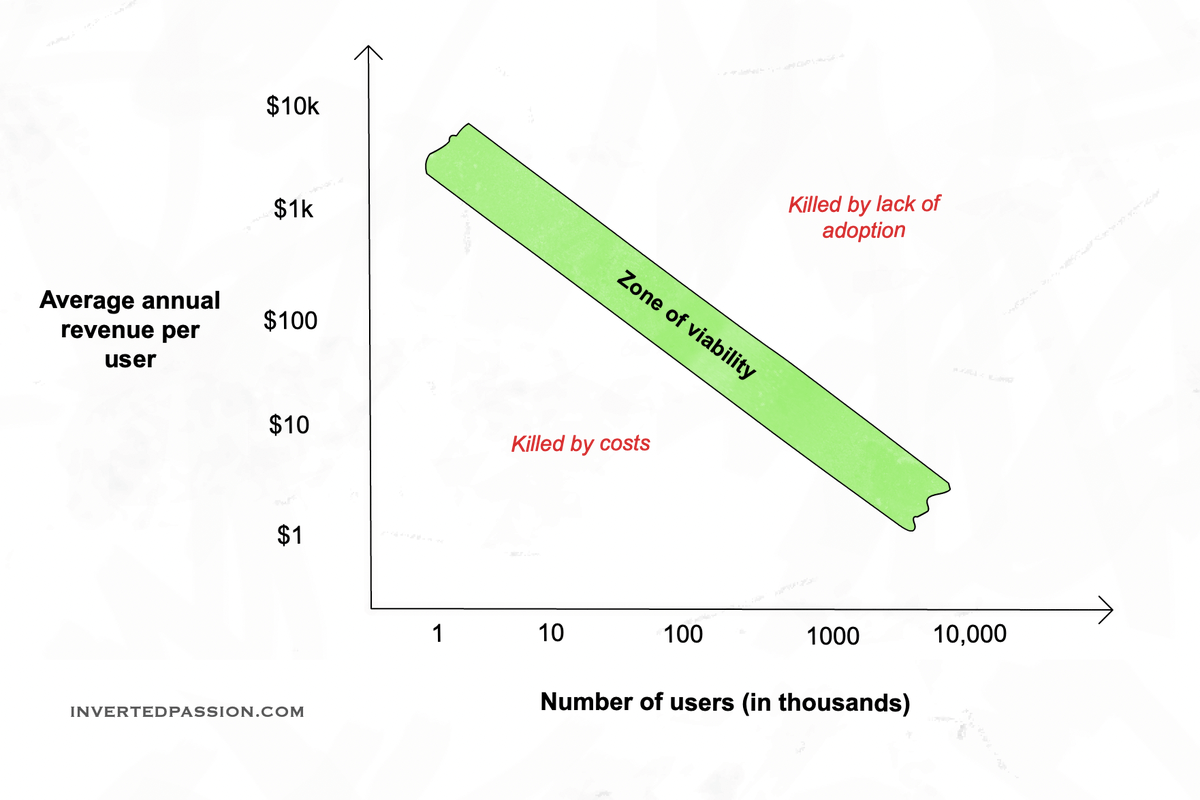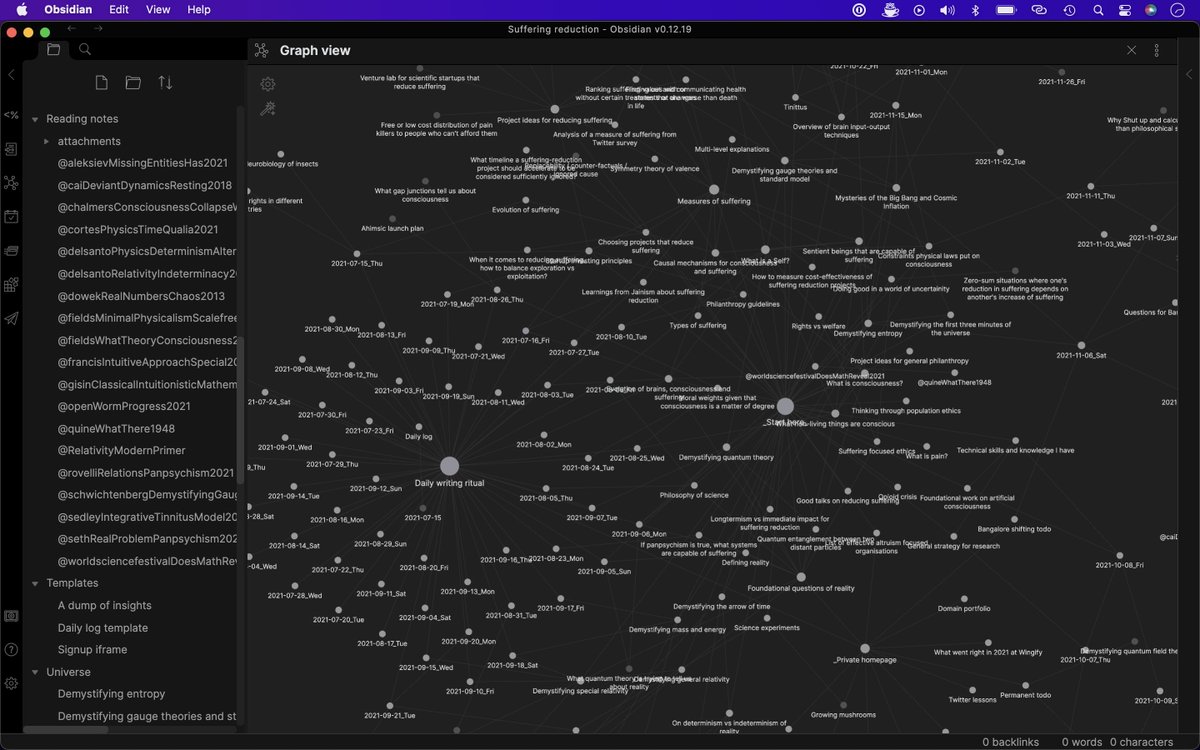
1/ Many failed B2C products might have worked out if consumers had the patience to understand what the product might do for them.
2/ But consumers are impatient and if the value is not delivered immediately and continuously, they stop engaging and abandon the product that could have been valuable later.
invertedpassion.com/marketing-need…
invertedpassion.com/marketing-need…
3/ History is filled with complex gadgets with thick user guides that have failed spectacularly.
4/ In contrast, for B2B products, the customer is habitual to getting sold.
In fact, they prefer a sales process where a human explains to them the benefits and costs of the product.
In fact, they prefer a sales process where a human explains to them the benefits and costs of the product.
5/ This preference to being sold allows a B2B-focused entrepreneur to communicate the total benefit of her product in a way that’s impossible to do in the B2C world.
6/ Imagine if you go to sign up for Facebook, and they start a video telling all the small and big features of the platform.
As a consumer, you’ll immediately hit the back button.
As a consumer, you’ll immediately hit the back button.
7/ But for a B2B product, if you get their initial interest, prospects will want to watch videos, discuss and request presentations to understand what they will get for the investment they’ll be making in your product.
8/ This is why B2B companies are dominated by salespeople while B2C companies are dominated by product and design people.
9/ Sidenote: businesses invest in products while consumers buy them
10/ The lack of sales process for B2C products means that there are a lot more ways for them to fail: bland marketing messages, confusing first few seconds of onboarding, boring look, and feel, lack of habit building, etc.
11/ In fact, for a consumer product, the design of the product has to do the job that a human salesperson does for a B2B product.
12/ Remember 🧠:
if your consumer app needs an explanation, it won’t work. Similarly, if your B2B app doesn’t have a process to explain its total benefits, it won’t work.
if your consumer app needs an explanation, it won’t work. Similarly, if your B2B app doesn’t have a process to explain its total benefits, it won’t work.
13/ That's it!
I'm posting ~1 new mental model for entrepreneurs every week.
Here's the entire list of 60+ mental models that I'll cover: invertedpassion.com/free-book-ment…
Make sure you sign up for email updates on the book page.
I'm posting ~1 new mental model for entrepreneurs every week.
Here's the entire list of 60+ mental models that I'll cover: invertedpassion.com/free-book-ment…
Make sure you sign up for email updates on the book page.
• • •
Missing some Tweet in this thread? You can try to
force a refresh








